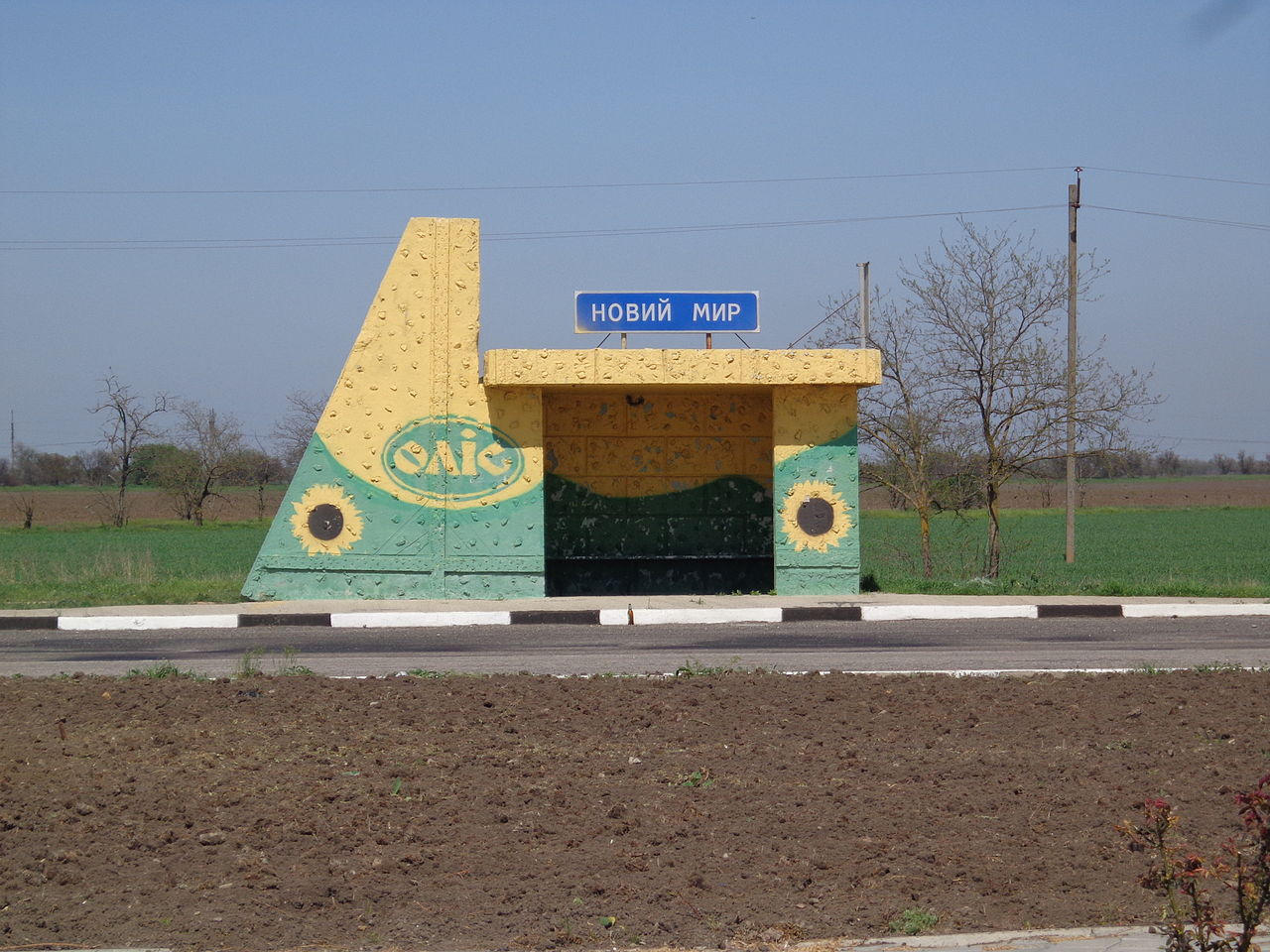Awakening to Mistakes: the Regime in Minsk Joins Defeatists in Russia
 The situation has gotten better
The situation has gotten better

Russia and Belarus may be planning to move from nuclear blackmail to blackmail of a more sophisticated type. Minsk is beginning to align itself with the unease of a part of the Russian political class regarding the military campaign in Ukraine.
Belarus and Russia intend to develop a bilateral cooperation strategy for regional security and arms control. To this end, a high-ranking Belarusian Ministry of Defence official met with a delegation from the Russian National Centre for Nuclear Risk Reduction, resulting in a declaration advocating a new arms control framework in Europe. Translated from bureaucratic language, direct nuclear blackmail of Ukraine and Western states did not have immediate positive effects, so it is necessary to advance the agenda further.
The health status of Lukashenka is not currently known, although official media continue to report his physical activity. On Thursday, June 1st, he made another bellicose statement, declaring that the primary error of Russia and Belarus was to delay the “Endlösung” of the “Ukrainian Question”. Lukashenka believes they should have acted in 2014-2015, when “Ukraine did not have an army in readiness.”
“[The] Time is lost,” says Lukashenka, agreeing with the political and moral dimensions of the so-called “special military operation” but doubting that “everything was going according to plan.” Putin’s plan has failed. Consequently, Minsk is gradually beginning to align itself with the restive mood of a now significant part of the Russian political class.
The leaders of 47 countries were invited to a European Political Community summit on June 1st near Chisinau. Besides the apolitical Vatican, only Putin and Lukashenka were omitted from the invitation list of the European states.
The international rating agency “Moody’s” downgraded the rating of Belarus from Ca to C and revised its outlook from negative to stable. The ‘C’ rating reflects expectations that Belarus will remain in default. The sanctions imposed due to Belarus’ support for the Russian invasion of Ukraine are aimed at critical Belarusian export goods (steel, mineral fuels, potash fertilisers, etc.) and the financial sector, including a ban on some banks’ access to the SWIFT financial settlement system, a ban on transactions with the central bank, and an embargo on the supply of euro-denominated banknotes to Belarus. These restrictions effectively impede Belarus’ access to Western financial markets.
Moody’s sees a high risk of additional sectoral sanctions if Belarus’ involvement in the Russia-Ukraine war intensifies or if the war escalates further.
Subscribe to our newsletter




Situation in Belarus
Constitutional referendum: main consequences


 Video
Video
How to count the political prisoners: are the new criteria needed?


 Video
Video
Paternalism In Decline, Belarusian Euroscepticism, And The Influence Of Russia


 Video
Video












